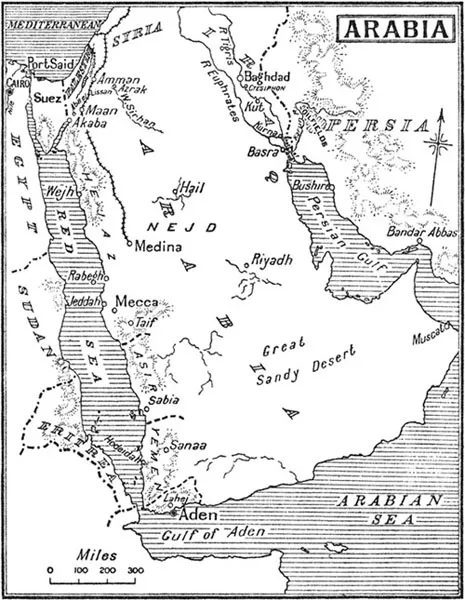
Hero
The Life & Legend of Lawrence of Arabia
Michael Korda
- 784 pages
- English
- ePUB (mobile friendly)
- Available on iOS & Android
Hero
The Life & Legend of Lawrence of Arabia
Michael Korda
About This Book
Michael Korda's Hero is an epic biography of the mysterious, Englishman whose daring exploits made him an object of intense fascination, known the world over as 'Lawrence of Arabia. An Oxford Scholar and archaeologist, T.E. Lawrence was sent to Cairo as an intelligence officer in 1916 and vanished into the desert in 1917. He united and led the Arab tribes to defeat the Turks and eventually capture Damascus, an adventure he recorded in the classic Seven Pillars of Wisdom. A born leader, utterly fearless and seemingly impervious to pain and danger, he remained modest, and retiring. Farsighted diplomat, brilliant military strategist, the first media celebrity, and acclaimed writer, Lawrence was a visionary whose achievements transcended his time: had his vision for the modern Middle East been carried through, the hatred and bloodshed that have since plagued the region might have prevented. The democratic reforms he would have implemented as British High Commissioner of Egypt, are those the Egyptians are now demanding, 91 years later. Ultimately, as this magisterial work demonstrates, Lawrence remains the paradigm of the hero in modern times.
Frequently asked questions
Information
CHAPTER ONE
“Who Is This Extraordinary Pip-Squeak?”
